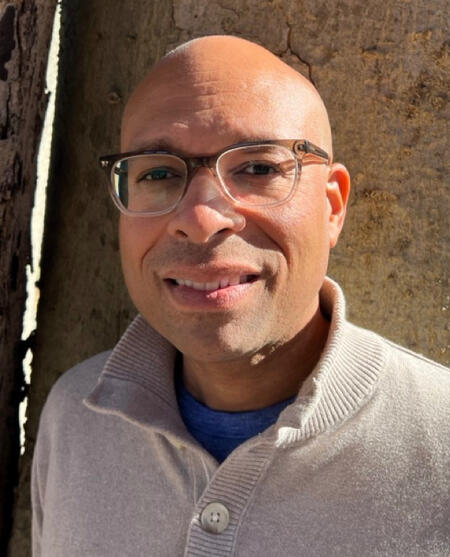Hi, I'm Neill Davis

Living in the city and actively participating in city-life, my lived experience is what informs my understanding of the urban environment and its processes. More often than not my preferred mode of transportation is a bicycle, which provides a unique view of how public policy shapes our social systems and built environment. Whether cycling to school daily with my child, going out for entertainment, or discerning how my community addresses sustainable growth, I enjoy researching and developing ways for policy to be more representative of how we live.
My work takes an interdisciplinary approach to evaluating the interplay of urban systems such as transportation, planning, housing, education, and sustainability and assesses how these factors shape and affect individuals and their communities. Leaning into research centered around urban geography, I endeavor to overcome difficulties encountered at the intersection of these systems through credible research and collaborative work to shape equitable policymaking and economic development outcomes.
Core Knowledge & Skillset
- Community-Based Initiatives
- Highly effective verbal and written skills
- Data Visualization
- Facilitation and Presentation
- Public Policy Research, Data Collection
- Program Evaluation
- Project Management
The Educational Connection Story Map
This story map explores the possibility of connecting middle and high schools of the Atlanta Public Schools system with local colleges and universities, using area multimodal paths, for children to access instructional enrichment. Maps are used to conduct a spatial analysis of existing path infrastructure, campus locations, a two-mile boundary around schools defining the proposed safe travel distance for students, and crash activity within the two-mile boundary.
Qualified Immunity, When Is Its Time Up
With questions regarding the violation of personal rights positioned firmly at the center in the debate about qualified immunity, this paper looks at where this power began, who stands to benefit from the doctrine, and political implications from the public, judicial, and legislative perspectives.
The Intersection Of School And City Transportation Needs
In this study, Atlanta Public Schools transportation policy is evaluated based on whether it can be considered supportive of non-bus riding middle and high school-age students between home and school. Important factors taken into consideration for this critique include equity, the built environment, and safe access to travel networks.